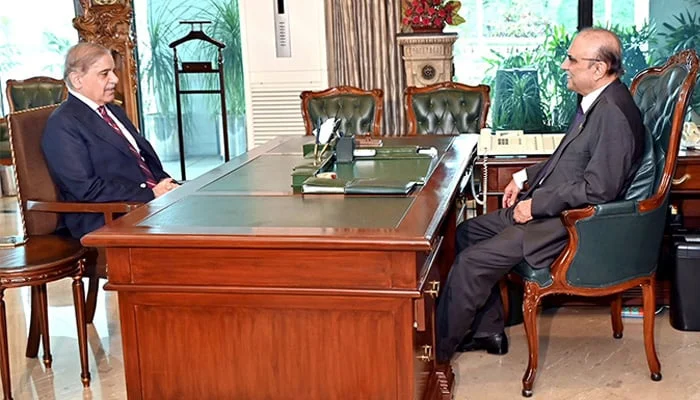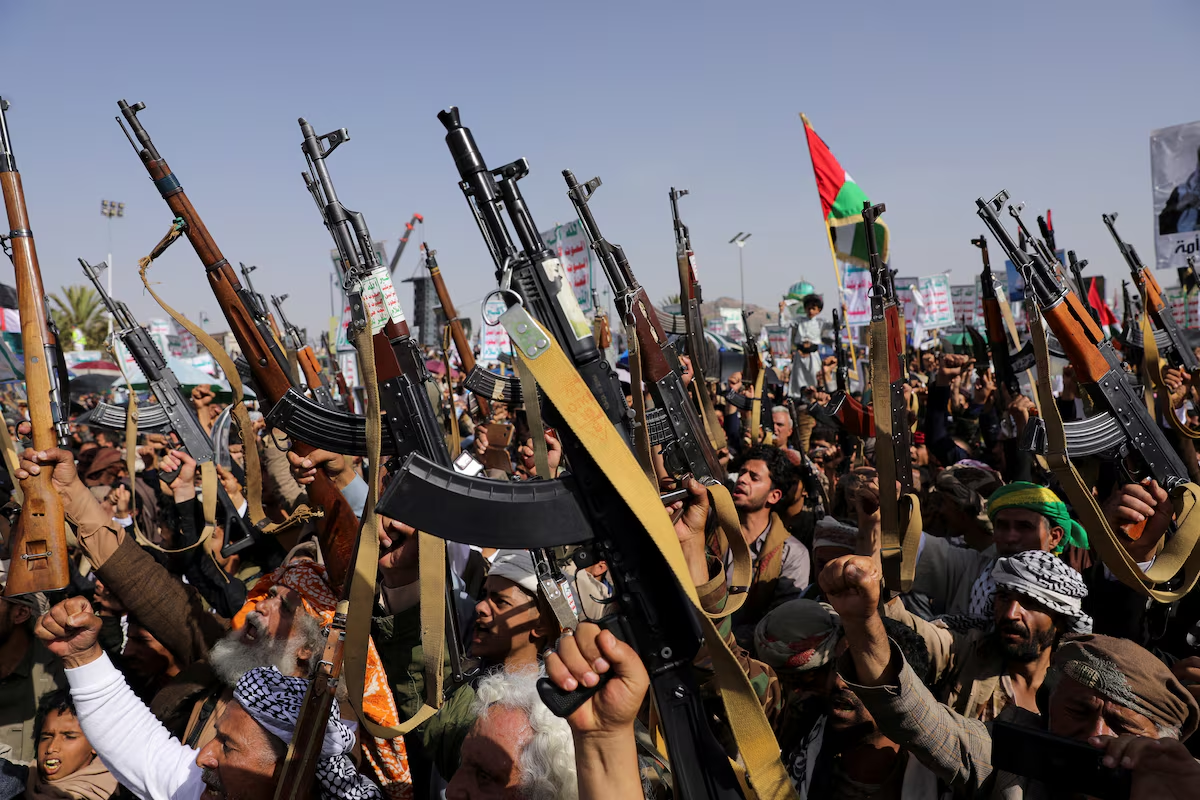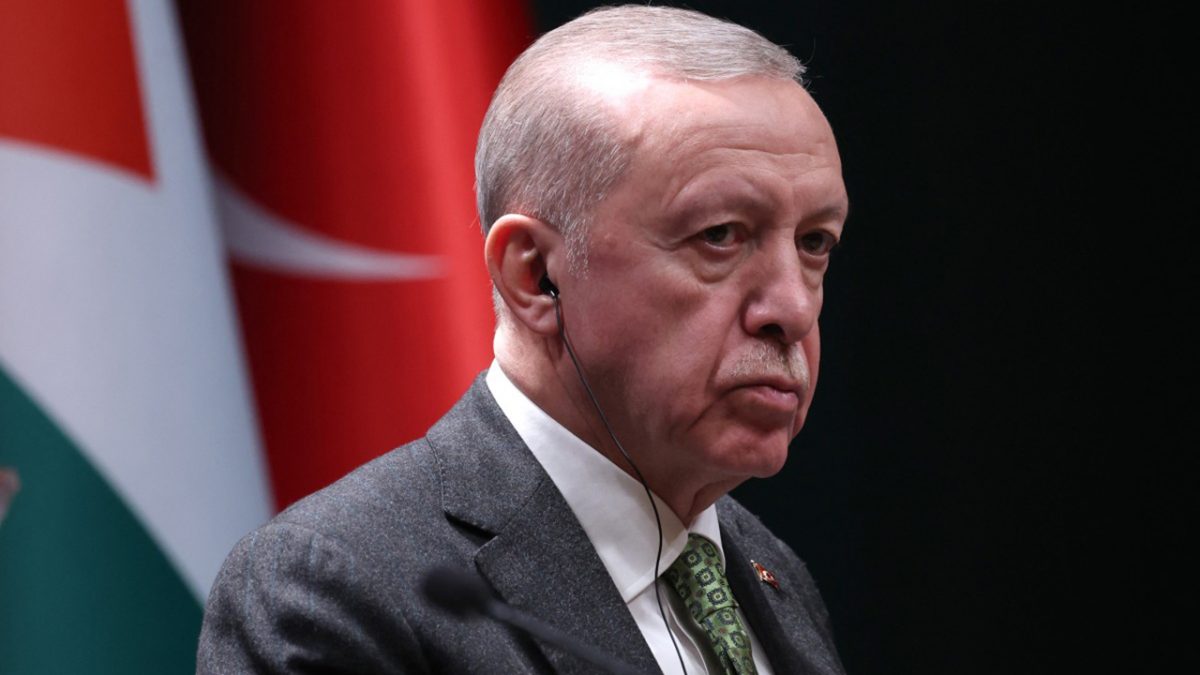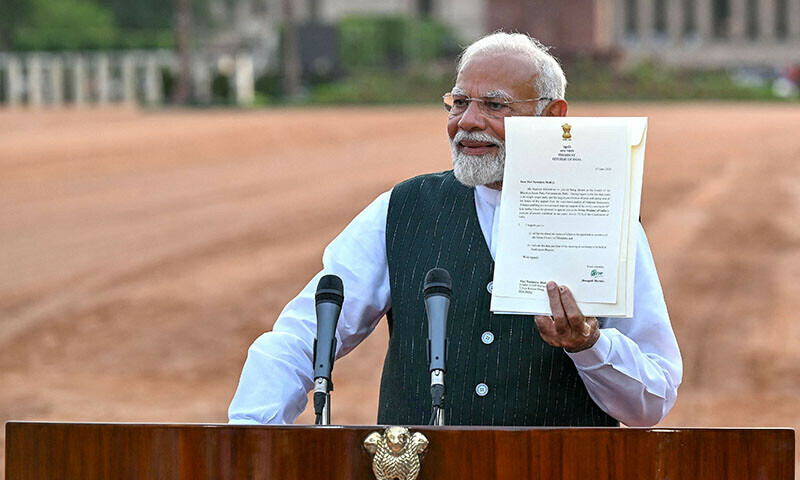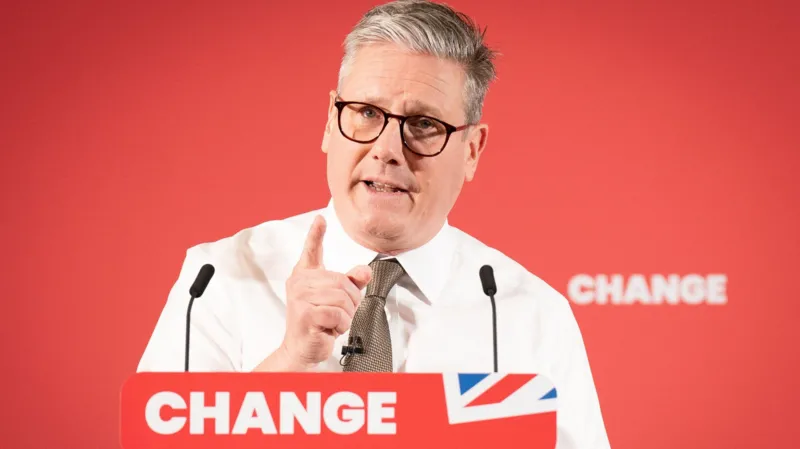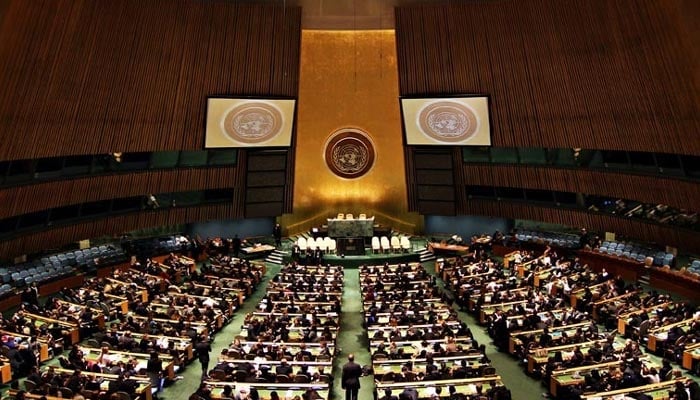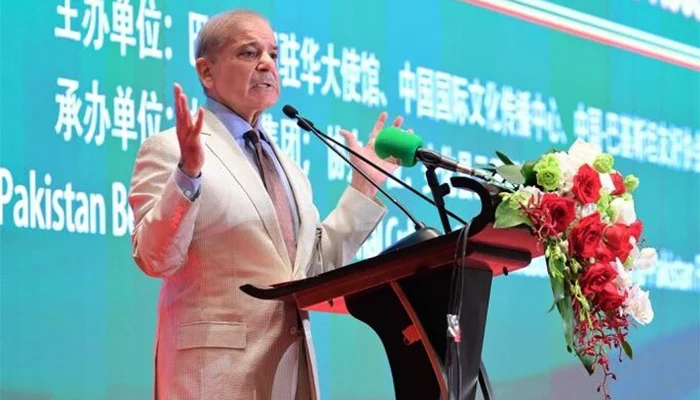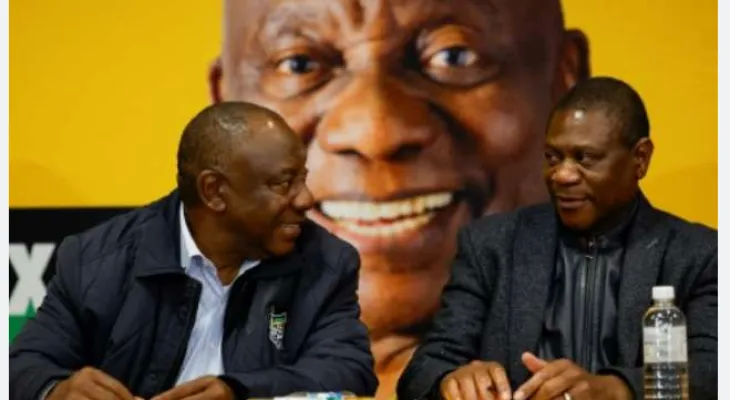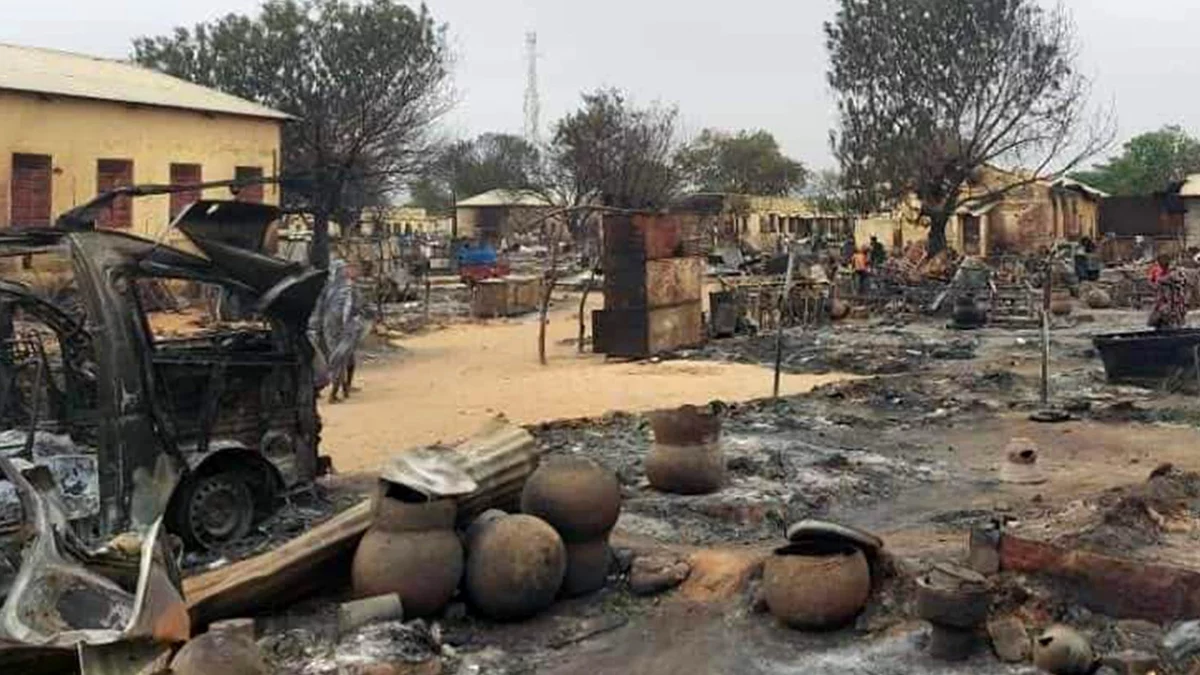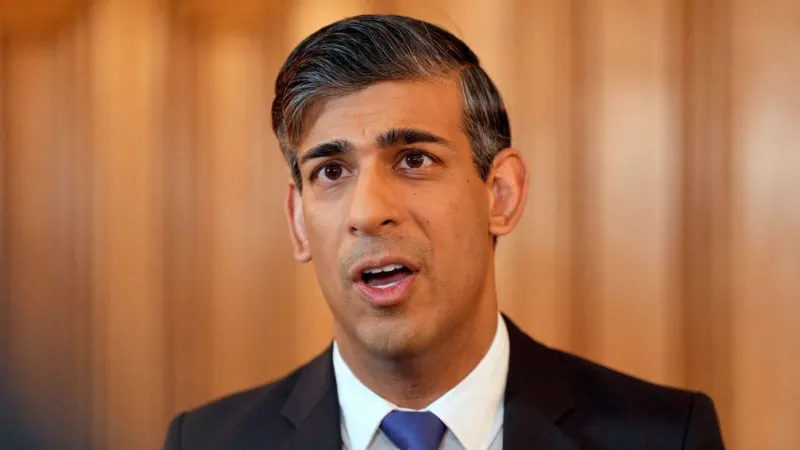South Africa’s President Cyril Ramaphosa said Thursday that his African National Congress (ANC) would seek to form a government of national unity, after failing to win an outright majority in last week’s general election.
After hours of deliberations, Ramaphosa said the ANC’s leadership had decided to try to band together with a broad group of opposition parties, ranging from the far right to the hard left.
The ANC won 40 percent of the vote — its lowest score ever — and for the first time since the advent of democracy in 1994 it needs the backing of other groups to remain in power.
“We have therefore agreed that we will invite political parties to form a government of national unity as the best option to move our country forward,” Ramaphosa said at a press conference late in the evening after the marathon ANC talks.
ANC negotiators, he said, had already held talks with several parties including the leftist Economic Freedom Fighters (EFF), the Zulu nationalist Inkatha Freedom Party (IFP), the centre-right Democratic Alliance (DA) and the anti-immigrant Patriotic Alliance (PA).
It was not immediately clear if they had all agreed to join.
“The purpose of the government of national unity must be, first and foremost, to tackle the pressing issues that South Africans want to be addressed,” Ramaphosa said.
“These issues include job creation and the growth of our economy that will be inclusive, the high cost of living, service delivery, crime and corruption,” he said.
– ‘Bad blood’ –
Analysts said the party of late anti-apartheid hero Nelson Mandela was divided over who to share power with, and some cast doubt over the workability of such a broad coalition.
“I cannot… see how it can really work,” analyst and author Susan Booysen told AFP before the official announcement. “There is just so much bad blood and ill feeling between different political parties.”
The ANC will have only 159 members in the 400-seat National Assembly, down from 230 in 2019.
Ramaphosa noted that the ANC had “ideological and political differences” with other parties but said South Africans expected politicians to overcome them and “find common ground” to “work together for the good of everyone”.
Policy differences are particularly stark between the two largest parties cited by Ramaphosa, the DA and the EFF.
The former won 87 seats with a liberal, free-market agenda, while the latter secured 39 lawmakers supporting land redistribution and the nationalisation of key economic sectors.
Earlier the ANC said it had also “repeatedly” reached out to former president Jacob Zuma’s uMkhonto weSizwe (MK) party, which won 14.6 percent of the vote and 58 seats, but had received no response.
Zuma, a former ANC chief, has long been bitter about the way he was ousted by his own party under a cloud of corruption allegations in 2018.
The MK, which was established only late last year, has rejected the election results and said it would not back an ANC-led government if Ramaphosa remained at the helm.
But the president’s party plans to keep him.
– ‘Betrayal’ –
There had been speculation the ANC might seek to form a minority government or a coalition with one or two major parties.
But a possible deal with the DA, an option favoured by investors and the business community, caused an outcry within the ANC, with many seeing it at odds with the party’s left-leaning traditions.
Outside the hotel where the ANC National Executive Committee (NEC) was meeting, about a dozen protesters held signs reading “Not in our name. #NotwiththeDA”.
“They want to take key ministries and once they have them they will reverse the progressive policies,” Panuel Maduna, a protesting ANC member, said of the DA.
The South African Communist Party, an historic ally of the ANC, also said it was against any arrangement with “neo-liberal forces”, while the metalworkers trade union NUMSA on Thursday described a potential deal with the DA as “the final betrayal of the working class”.
The new parliament is to meet in less than two weeks and one of its first tasks will be to elect a president to form a new government.
The ANC retains the respect of many South Africans for its leading role in overthrowing white-minority rule.
Its progressive social welfare and black economic empowerment policies are credited by supporters with helping millions of black families out of poverty.
But many voters deserted it at the recent election amid widespread discontent at high unemployment, rampant crime, graft scandals and power shortages.


